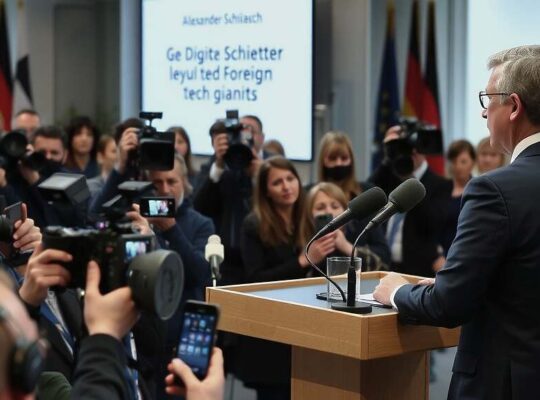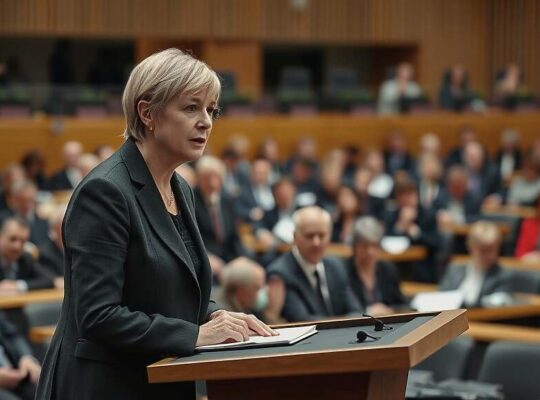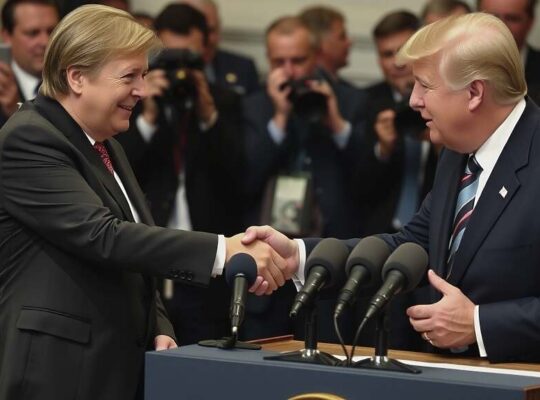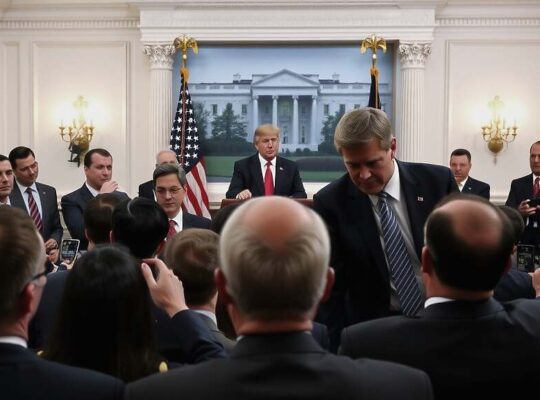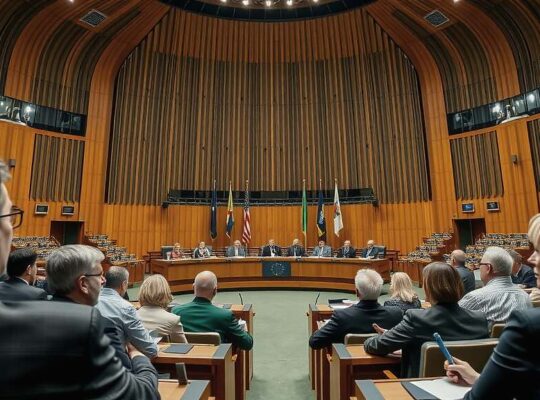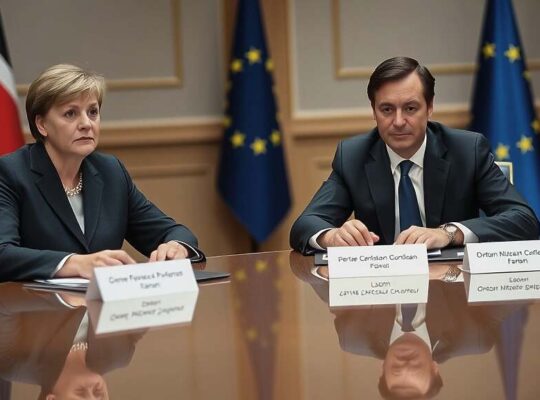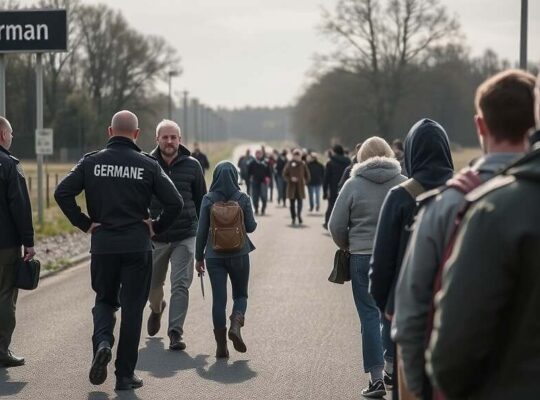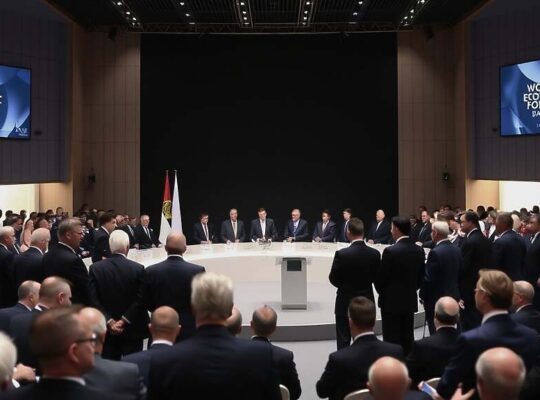Within the Christian Democratic Union (CDU), a simmering debate is emerging over the leadership style of party leader Friedrich Merz, specifically concerning his approach to discussions surrounding urban spaces and migration. Dennis Radtke, head of the CDU’s social affairs wing, has publicly urged Merz to adopt a more considered and unifying tone, arguing that his recent pronouncements are counterproductive and detract from a coherent political narrative.
Radtke acknowledged Merz’s value in confronting the far-right Alternative for Germany (AfD) and his call for a positive vision for the future. However, he emphasized that Merz, in his capacity as potential future chancellor, bears a unique responsibility for societal cohesion and the quality of public discourse. He criticized the recent controversy generated by Merz’s remarks on urban landscapes, stating that they, paradoxically, exacerbate divisions rather than fostering solutions.
While recognizing that many German cities exhibit visible and troubling issues, Radtke rejected Merz’s suggestion that deportations offer a viable remedy. He characterized such pronouncements as simplistic, unrealistic and failing to address the deeply complex root causes of these challenges. Critical observation highlighted that problems such as drug addiction, homelessness and youth delinquency cannot be resolved through deportation but require targeted and comprehensive policy interventions.
The CDU politician underscored that the most effective countermeasure against the AfD hinges on enacting practical policies that demonstrably tackle societal problems, deliver on promises and communicate with both clarity and empathy. Merz’s seemingly unwavering defense of his earlier statements – insisting he has “nothing to retract” and reinforcing that the federal interior minister is already “working on it” – demonstrates a divergence in perspectives within the CDU regarding the optimal strategy for addressing public concerns and countering the AfD’s appeal. It leaves open the question of whether the party can reconcile Merz’s confrontational style with the need for a more unifying and solutions-oriented approach.



